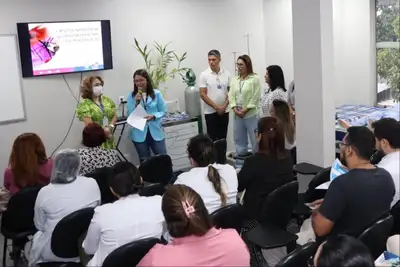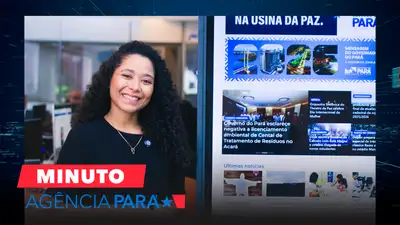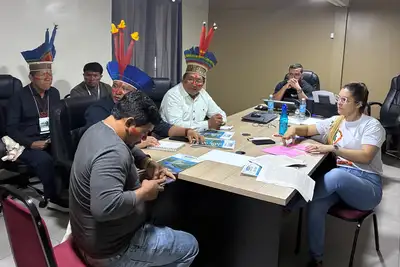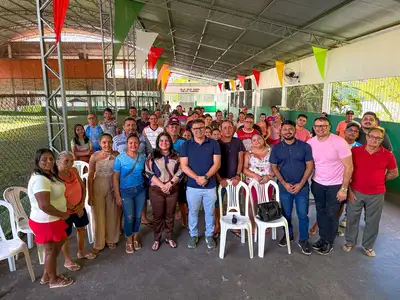Iterpa highlights the importance of partnerships for the advancement of land regularization in Pará
The number of regularizations between 2019 and 2025 exceeds the total number of titles issued in 43 years
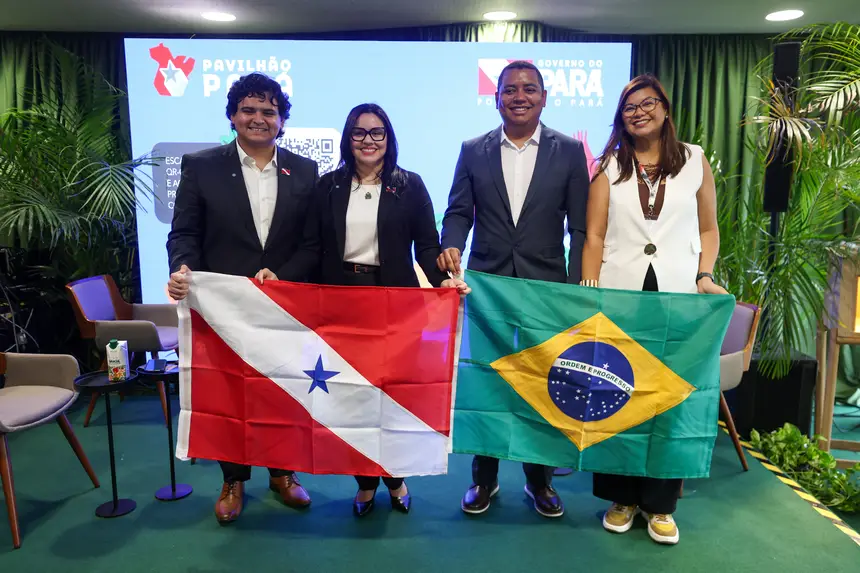
The Land Institute of Pará (Iterpa) highlighted the importance of technical operational support and partnerships with public and private institutions for the advancement of land regularization in Pará, on the afternoon of this Monday, the 10th, the first day of the 30th United Nations Conference on Climate Change, in Belém. The agency emphasized the leap in productivity achieved, which, in the last 6 years, has already surpassed the results of more than 40 decades of the Institute's existence.
According to Iterpa's municipal prosecutor, Ricardo Azevedo, the progress is the result of a change in mindset of the agency, starting from the management since 2019, which began to emphasize the importance of partnerships and cooperation to achieve results.
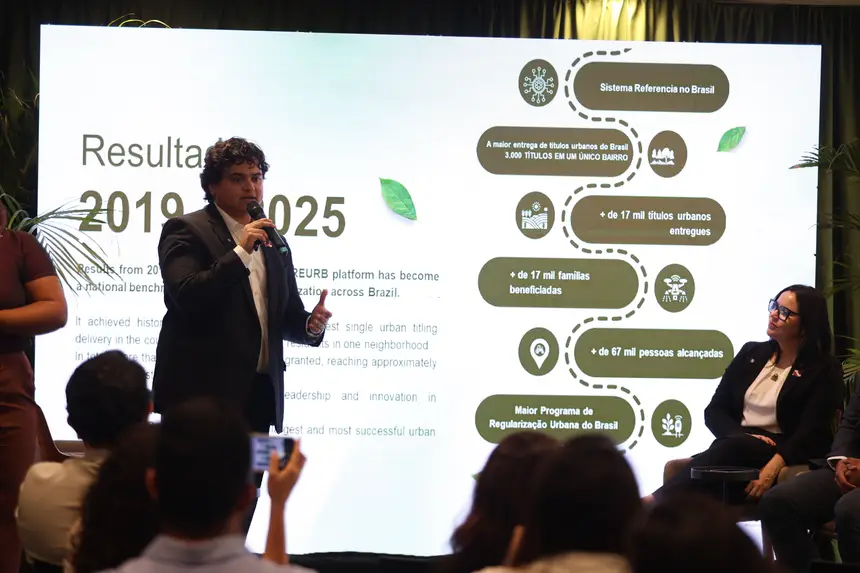
“Before 2019, we had the impression that the entity responsible for the public policy of land regularization in Pará was Iterpa. Yes, it has this institutional competence, but it will not do this alone. It will not be able to implement a public policy of land regularization without understanding that it needs partners and that there are public and private institutions that also have competencies that need to be executed,” explains the prosecutor.
Azevedo highlights other agencies, both at the municipal and federal levels, that are fundamental for the development of land regularization in Pará, such as the Corregedoria of the Court of Justice, city halls, the Public Ministry, environmental and forestry agencies like Ibama, among others.
“One of the great insights was to understand, above all, that land regularization is not concluded with the issuance of the title - this is just a tool so that, afterwards, the land can be developed: it is in the post-titling that I have the capacity to use and have all the effects of full ownership. When I express a titling, there is no, for example, the detachment of public or private property, because this only becomes effective with the registration, then the partnership of Anoreg, the General Corregedoria of the Court of Justice, etc. comes in,” explains the prosecutor.
Spaces for dialogue with the population
Dialogue with society has been one of the essential axes of contact to advance land regularization in Pará, points out Ricardo Azevedo from Iterpa. He mentions the Quilombola and Extractive Tables as two of the main tools in this purpose.

“These are democratic spaces used so that those who receive benefits from land regularization can speak, express themselves, talk about their challenges, their pains, as well as the Land Institute can also talk about its challenges to implement land regularization,” he comments.
As a result of this active effort for partnerships, the Institute highlights records of titling. Regarding quilombola territories, for example, the number of recognized territories in the last 6 years already exceeds the total recognized since the foundation of Iterpa.
"Iterpa was founded in 1975. From then until 2018, Iterpa recognized the ownership of 52 quilombola territories. From 2019 until now, we have already delivered 55. In other words, we have surpassed. The forecast for 2026 is that we will deliver another 20 and reach a total of 75 quilombola territories," details Azevedo.
The same happens with settlements: from 1975 to 2018, 27 settlements were created. From 2019 to 2025, 33 were created. “We also have other forms of regularization, such as family farming, in which we delivered 25 thousand titles. We have urban regularization with more than 25 thousand titles,” celebrates the prosecutor.
As a partner of the Institute, the Corregedoria of the Court of Justice of the State also appreciates the achievements, as expressed by the auxiliary judge of the Corregedoria, Horácio Lobato:
“Over the past few years, there has been a very fruitful relationship between the Corregedoria and Iterpa, and this has already yielded some technical cooperation agreements aimed at promoting land regularization, the territorial ordering of the municipalities in Pará. And this, consequently, has promoted the pacification of potential conflicts, especially the land dispute,” points out the judge.





